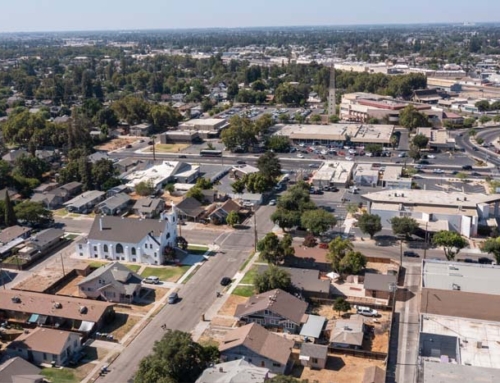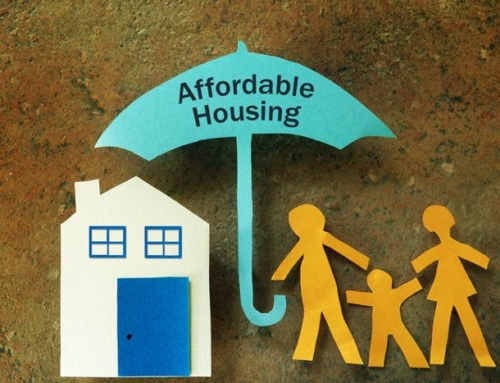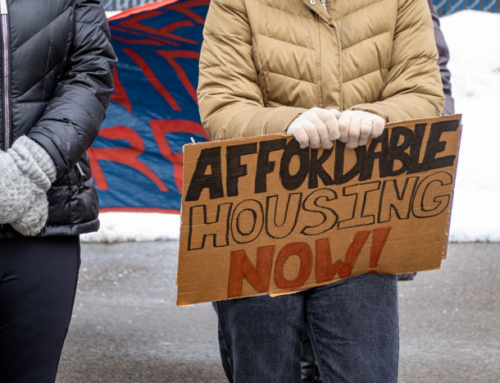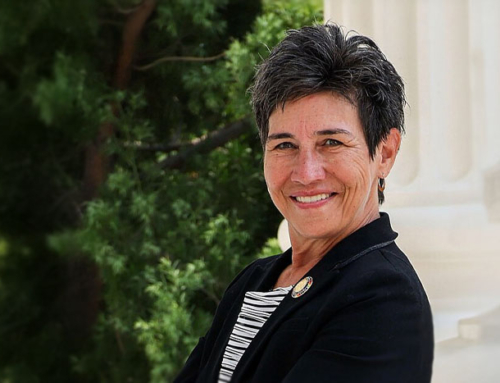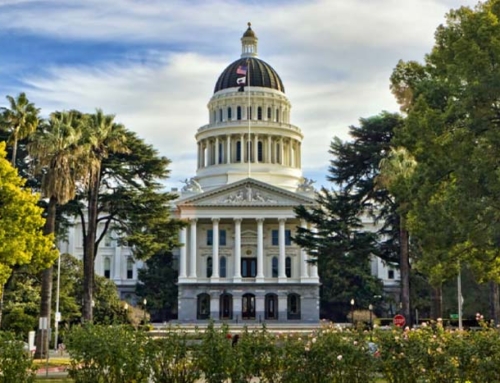Article Contributor: Jacqueline Woo, Senior Associate, Research & Policy
California’s legislature passed its budget on Friday, June 13, ahead of the June 15 constitutional deadline. The budget was signed by Governor Newsom on Friday, June 27, 2025 following unprecedented negotiations where the budget was made contingent on housing policy: Governor Newsom made passage of a housing trailer bill, AB 130 (Committee on Budget), and an infrastructure trailer bill, SB 131 (Committee on Budget), a requirement for signing the budget bill.
The budget is based on the proposal announced by legislative leaders in early June that addresses the state’s $12 billion expected deficit by leaning heavily on borrowing from other state funds to continue providing social services rather than making the deep cuts Gov. Gavin Newsom proposed. While the Governor’s May Revise slashed health care services for low-income Californians, reduced funding to public universities, and provided no funding to tackle housing and homelessness, lawmakers proposed softer changes, at times rejecting the Governor’s ideas altogether.
The budget’s Housing Affordability Package aims to improve affordability by spurring housing construction, investing in affordable housing programs, reforming the renters tax credit, and making homeownership more affordable by avoiding a 20 percent down payment requirement.
Key investments in the Housing Affordability Package include:
- $500M for the Low-Income Housing Tax Credit Program
- $120M for Multifamily Housing Program
- $300M to the California Dream for All Program, the down payment assistance program to help first-time home buyers
- $500M for homelessness – the budget reduces the 2025–26 allocation by $100M to the Encampment Resolution Fund (ERF) but maintains a broader commitment through continued investment in the Homeless Housing, Assistance, and Prevention (HHAP) program with $500M in 2026–27
- $417M in Federal Community Development Block Grant – Disaster Recovery funds to assist areas of the state impacted by severe winter storms that ravaged California in 2023 and 2024
The Governor made his signature on the budget bill contingent on the passage of a housing trailer bill, AB 130 (Committee on Budget), and an infrastructure trailer bill, SB 131 (Committee on Budget), an unprecedented move that signals the continuing importance of these policy topics in California. Both bills were signed on Monday, June 30, 2025. The housing trailer bill incorporated content from multiple housing bills. Notable provisions include:
- Exempting infill housing projects from CEQA provided they meet local zoning and environmental requirements, provisions drawn from AB 609 (Wicks, D-Oakland) and SB 607 (Wiener, D-San Francisco)
- Permanently establishing public agency review timelines for housing projects, removing the January 2030 repeal date, and requiring the California Coastal Commission to comply with such timelines
- Extending the expenditure deadline for Regional Early Action Planning (REAP) funding from June 30, 2026, to December 31, 2026
- Allowing funds from the Transit-Oriented Development Implementation Fund to be used for “vehicle miles traveled-efficient affordable housing” and associated infrastructure, and to be provided to local jurisdictions in addition to developers
The budget negotiation process additionally underscored the continuing tension between labor and developers. Developers were originally required to pay labor new wage minimums to obtain CEQA exemptions for infill housing projects provision; however, unions opposed this provision on the grounds that such minimums undercut prevailing wage standards. This resulted in last-minute amendments to strip out the requirements while requiring projects taller than 85 feet or those with 100% affordable units to offer prevailing wages if they wish to access this exemption.
© LeSar Holdings/LeSar Development Consultants. All Rights Reserved. Please be advised that any republishing of copyrighted material provided by our organization, in whole or in part, requires prior written authorization. For permission, please reach out to [email protected]. We appreciate your understanding and compliance in upholding copyright laws.




